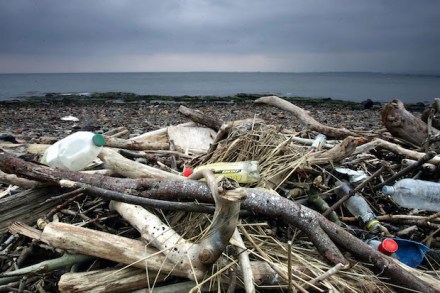The dreadful state of British politics
Conference season always shows our political parties at their worst. It would be a kindness if these things were not televised. These dungeons cannot withstand the intrusion of too much daylight. On the other hand, some things are evident. Chiefly, it is now beyond clear that Brexit has broken both parties. More than that, it has overwhelmed a hopelessly overmatched political class that plainly lacks the ability to make sense of the Brexit fiasco and, just as pertinently, the courage to look reality in the face. This government – this hopeless government, I should say – is kept alive by only one thing: the impossibility of the opposition. In turn,


















